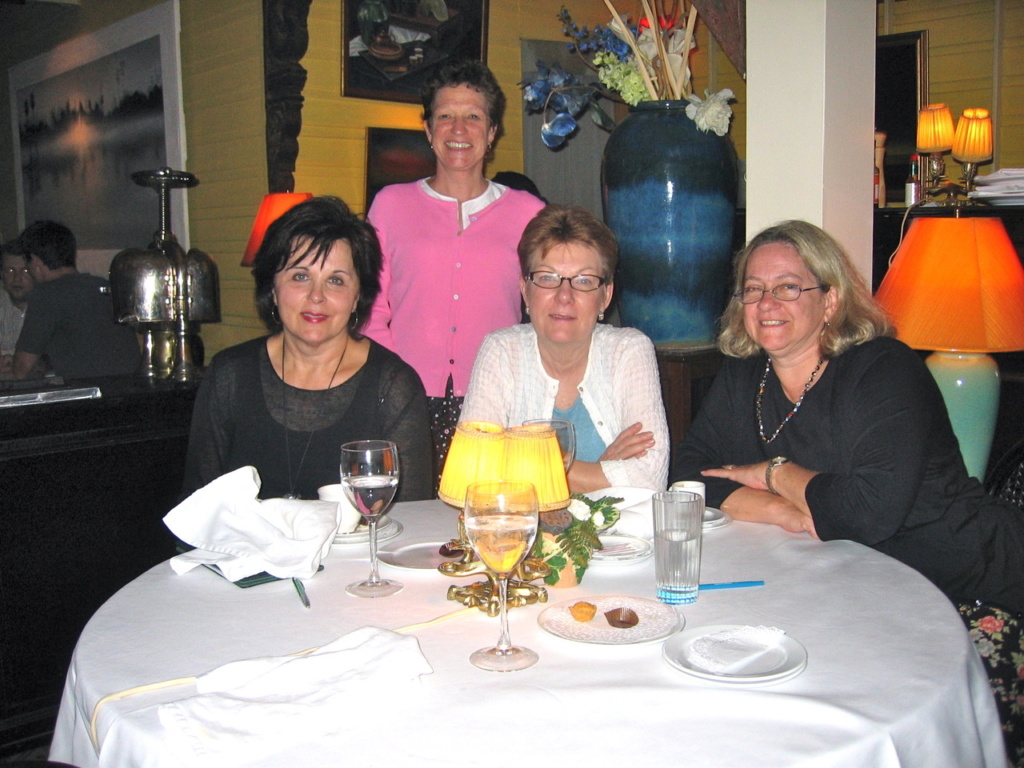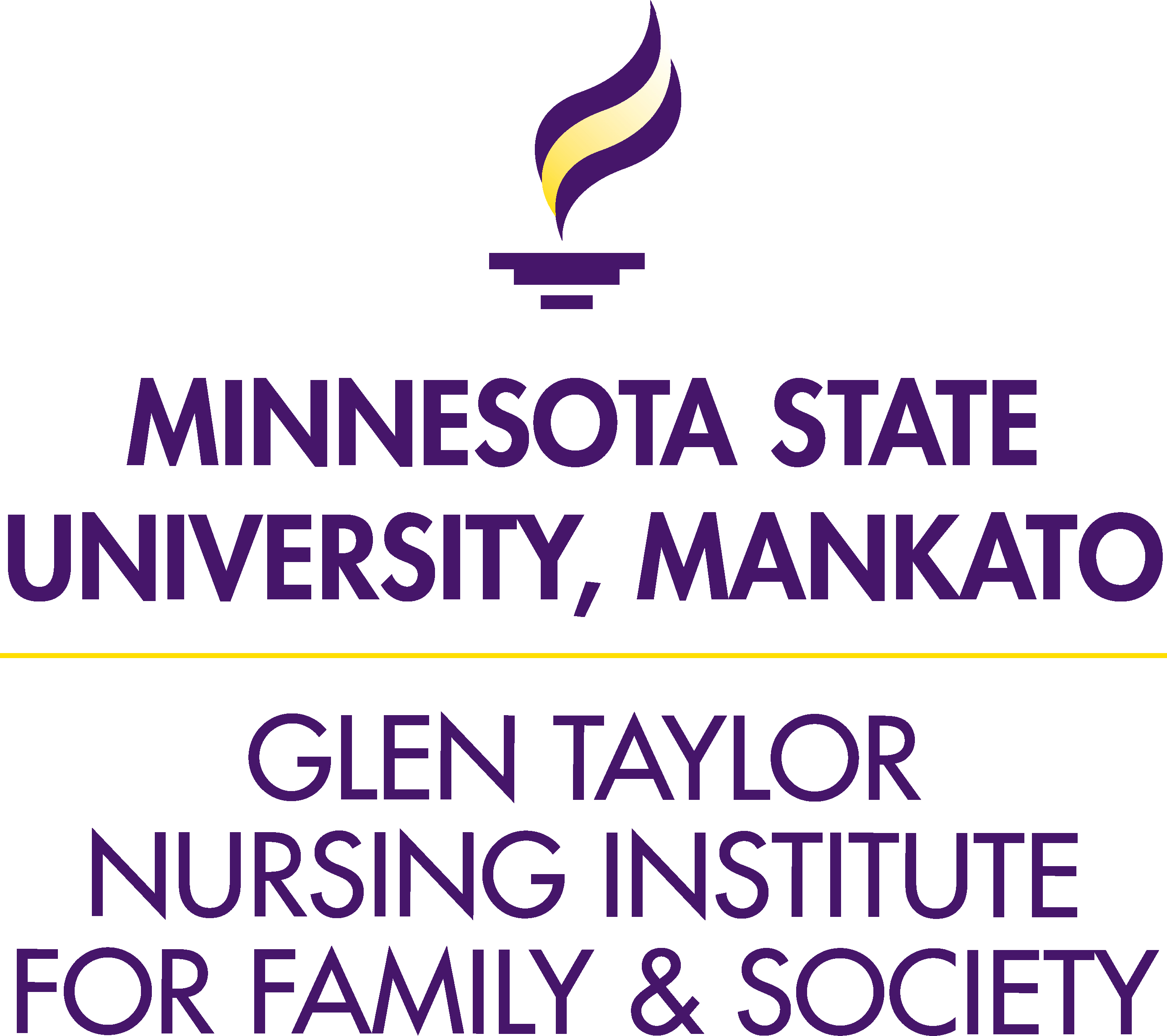In June 2005, 340 family nursing colleagues from 21 countries gathered in Victoria, British Columbia, Canada for the 7th International Family Nursing Conference (IFNC7). The Journal of Family Nursing offered a first-ever Family Nursing Awards Ceremony to honor the innovative contributions of ten outstanding family nursing scholars from around the world. Without any formal organization, these International Family Nursing Conferences were hosted and independently financed by volunteer family nursing colleagues in various countries every three years beginning with the first International Family Nursing Conference hosted in 1988 in Calgary, Alberta, Canada and chaired by Dr. Lorraine M. Wright.
Several family nursing scholars in North America were members of the National Council on Family Relations, an important family science organization in the USA, where many North American family nurses were active leaders and presenters. Often our informal hallway conversations at these annual conferences would focus on if and when our world-wide community of family nursing colleagues might be ready and willing to form our own international family nursing organization. What would a global organization that prioritized family nursing and family health look like? Where could we find funding? Who would do the work of developing and launching this formal organization?
In Thailand in 2007, at the 8th International Family Nursing Conference, an interest group meeting recommended that our community should move forward to develop a detailed plan for an international family nursing organization. Dr. Kit Chesla (USA), Dr. Donna Curry (USA), Dr. Kathleen Knafl (USA), and I (Canada) volunteered to develop the plan. We had our first “official” meeting at a local Thai restaurant in Bangkok (see photo below). We worked diligently over the next two years to bring a formal proposal that included a set of by-laws, a proposed management company, and incorporation of an organization as a legal entity to the 9th International Family Nursing Conference in Reykjavik, Iceland. It was a very proud and historic moment on June 5, 2009, when the conference participants voted to formally accept a resolution to begin the International Family Nursing Association (IFNA).

I’ve invited my colleagues, who were members of this historic Planning Committee, to offer their reflections about our efforts to birth IFNA:
Dr. Kathleen Knafl:
IFNC2 in 1991 in Portland, Oregon, USA, was my first family nursing conference. Even then I think there were sporadic discussions of founding an international family nursing association. Some of us were enthusiastic about the possibility of having a formal structure that could support new initiatives and conference planning; others raised concerns about the downside of formalization and the possible loss of spontaneity and grassroots initiatives that might follow. The informal meeting at IFNC8 in Bangkok, Thailand in 2007 that launched serious planning was both spontaneous and grassroots – an open invitation to anyone attending the conference to join in a discussion of the possibility of forming an association. We had a lively discussion that ended with the four of us (Bell, Chesla, Curry, and Knafl) saying we would explore the possibility. I don’t remember all the specifics of our regularly scheduled conference calls, but I do recall a steep learning curve as we figured out what launching a global association actually entailed. What I remember most about those calls was our continuing discussions about the importance of devising a fairly simple structure that would support future growth and change. We envisioned an association where spontaneity and grassroots efforts would always be encouraged and welcomed. Given all our members have accomplished over the last 12 years (position statements, resource development, webinars, conferences, promoting IFNA worldwide, etc.), I think we have succeeded.
Dr. Donna Curry:
As our planning group worked toward developing, not just a professional organization but one with a global perspective, I found using materials from Sigma Theta Tau International, the international honor society of nursing, a good base since they are an already well established global professional nursing organization. We used the overall structure of their bylaws and dues structure which allowed for different fees based on the economic status of a member’s home country. Another challenge was that while this was an international organization, the proposed management group (Kassalen Meetings & Events) was based in the United States. So IFNA needed to be compliant with U.S. laws. My attorney spouse was the managing partner of a large law firm at the time. He provided us free legal support to develop our articles of incorporation and then later to attain non-profit tax status (501.3c) to set up the Foundation to help financially support IFNA. My hope is that we continue to have a strong and active membership base of family nursing and family health scholars and practitioners from around the world.
Dr. Kit Chesla:
Reflecting back, I believe the development of the International Family Nursing Association (IFNA) is a remarkable story of courage and commitment. Prior to IFNA, a dedicated group of international nurses, united by a goal to improve the health and wellbeing of families around the globe built a wonderful history of two decades of meetings where we shared our knowledge and experience. But there was a need for greater organization, consistent communication, and financial security. In 2009, participants at the 9th International Family Nursing Conference in Reykjavik, Iceland voted to establish IFNA as a formal organization. For me, the moment felt both right and risky. It felt as if we were building something completely new out of thin air. And at the same time, it felt like the culmination of years of informal, hard work to share the expanding knowledge supporting family nursing. An organizing committee of Drs. Janice Bell, Donna Curry, Kathy Knafl, and I began meeting by telephone and occasionally in-person to propose an organizational structure by which family nursing initiatives could continue. We deliberated, we laughed, we argued strenuously, and we applied our best-combined knowledge about how to create an international professional society. Throughout our process, we surveyed the beliefs, wishes, and dreams of family nurses, so that our organization incorporated those ideas. And through this process, IFNA was birthed! For me, helping to establish IFNA as an organization is some of the most significant and memorable work I ever accomplished. Today, with IFNA a mere decade old, the energy and accomplishments of this organization are truly impressive. Drawing on the expertise of members from around the world, committee work has expanded, initiatives have grown, professional position statements have been carefully drafted and agreed upon, and the scholarship has continued to blossom. And the spirit of the early work remains, with IFNA providing a friendly, engaging, and intriguing home where family nurses can find their ‘tribe’ and new members are exceedingly welcome.
For more detailed information about the evolution of family nursing witin our international community that includes significant milestones and references to published reports of all the International Family Nursing Conferences see:
Bell, J. M. (2019). 25th anniversary of the Journal of Family Nursing: Significant milestones and top cited articles [Editorial]. Journal of Family Nursing, 25(3), 359-369. https://doi.org/10.1177/1074840719870959
Janice M. Bell, RN, PhD, is an Associate Professor Emeritus, University of Calgary, Canada; Founding Editor of the Journal of Family Nursing (SAGE); and co-chair of the IFNA Communications Committee. You can follow her on Twitter and LinkedIn.
